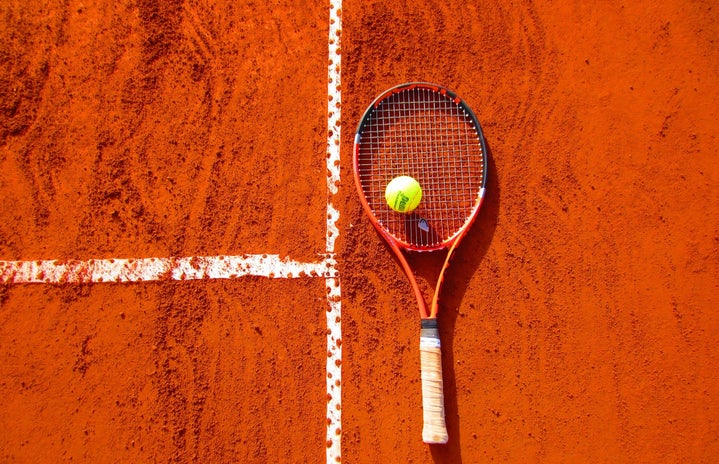Coco Gauff, the 19-year-old rising tennis star, took the U.S. Open final by storm on Sept. 9, beating opponent Aryna Sabalenka 2-1 (2-6, 6-3, 6-2). The youngest American woman to win the Grand Slam championship since Serena Williams in 1999, Gauff produced a dramatic performance, pulling out her best moves yet, not just in the final but throughout the tournament. From her early days, Gauff has proven to be a formidable player, but this tournament tested more than just her athleticism and made for a challenging journey to the championship.
In her first match of the Open against German player Laura Siegemund, Gauff faced an obstacle in her opponent’s slow response times, which the umpire was reluctant to call out. This led to a confrontation between Gauff and the umpire in the third and final set. Gauff explained that Siegemund was “never ready when I’m serving. She went over the clock, like, four times. You gave her [a] time violation once. How is this fair?” Later in the set, Siegemund received a second violation along with a point penalty, which visibly upset her. She refused to shake the umpire’s hand at the end of the match.
The first match fumble wasn’t the only disruption to Gauff’s Grand Slam aspirations, which were further affected by audience interference during her semi-final match. During the second set, which Gauff was leading, four protestors from Extinction Rebellion, an environmental organization, began to disrupt play.
Security guards escorted out three of the protestors, who were wearing shirts that read “End Fossil Fuels,” according to The Associated Press. The fourth took more time to remove because he had glued his feet to the floor. After 50 minutes, the interruption was resolved, and the match continued. Gauff won in straight sets.
Gauff’s persistence and ultimate victory were thrilling not just for tennis viewers, but also for fans of change. This U.S. Open championship signals a new age of tennis. Once a sport reserved for white, cisgender men, tennis has radically changed over the last 50 years. Players such as Arthur Ashe, Billie Jean King, Serena and Venus Williams and countless other competitors changed the game for themselves and for everyone who follows.
Over the last three years, the number of Black tennis players has increased 46% according to The U.S. Tennis Association. Gauff’s win exemplifies that the sport is slowly becoming more about skill rather than identity. However, Gauff’s struggle to receive fair treatment during her first match could also be indicative of the gap left to close.

